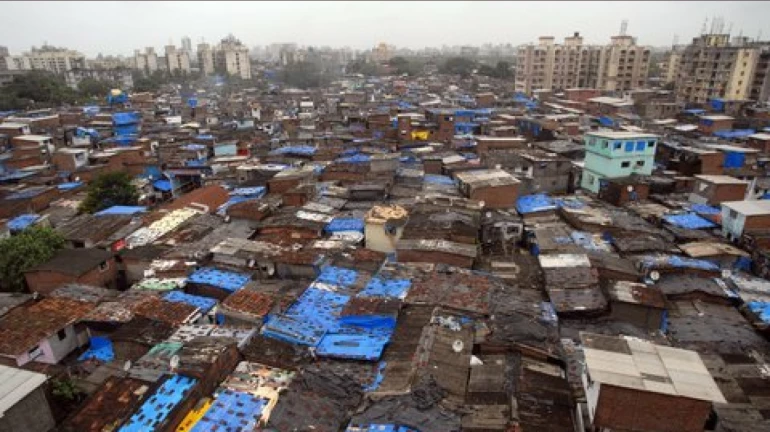
The total number of COVID-19 cases in Dharavi stands at 916 and the Brihanmumbai Municipal Corporation (BMC) has been struggling to curb the spread of the virus in the slum area. On Monday, the area had recorded 56 new cases and the spike in the number of cases in a day comes after a relatively better phase, with about 20-odd cases per day reported over the past three days. Therefore, the civic body is planning to take a more focused approach to deal with the pandemic in Dharavi.
Two weeks ago, the Central Government's assessment team had warned BMC that its usual COVID-19 containment strategy won't work in Dharavi. As a result, the civic body has decided to reorganise the containment zones in Dharavi. The plan is to group together individual slum pockets and form a high-risk zone. So far, the civic body has identified thirteen such zones.
Dharavi, which is one of the most vulnerable COVID-19 hotspots in Mumbai, has 213 containment zones currently. However, the newly-appointed BMC Commissioner Iqbal Chahal told Mirror that they are 'watertight' as the density of population is very high in Dharavi. To put things in perspective, 8.5 lakh people live within 2.2 km of the slum area.
As per civic officials, the local corporator, MP or MLA can assign community leaders and volunteers, to these high-risk zones. The local leaders will assist the BMC to reach areas that they have so far been unable to tackle. They will bridge the gap between the BMC and the resident.
These leaders and volunteers will also keep tabs on residents and report back on those who are ill, especially senior citizens. They will also inform the authorities about private medical practitioners who have problems opening their clinics and require help. Other than that, the volunteers will, ensure smooth distribution of food, help organise fever camps, and help to provide ambulance services.
Kiran Dighavkar, the assistant commissioner of G-North ward, said that the boundaries of the high-risk zones will be sealed off once the community warriors are appointed. He added that they will be cleared by the BMC and shall receive identity cards.
This strategy is aimed at helping the BMC reach everyone and penetrate inaccessible pockets.




